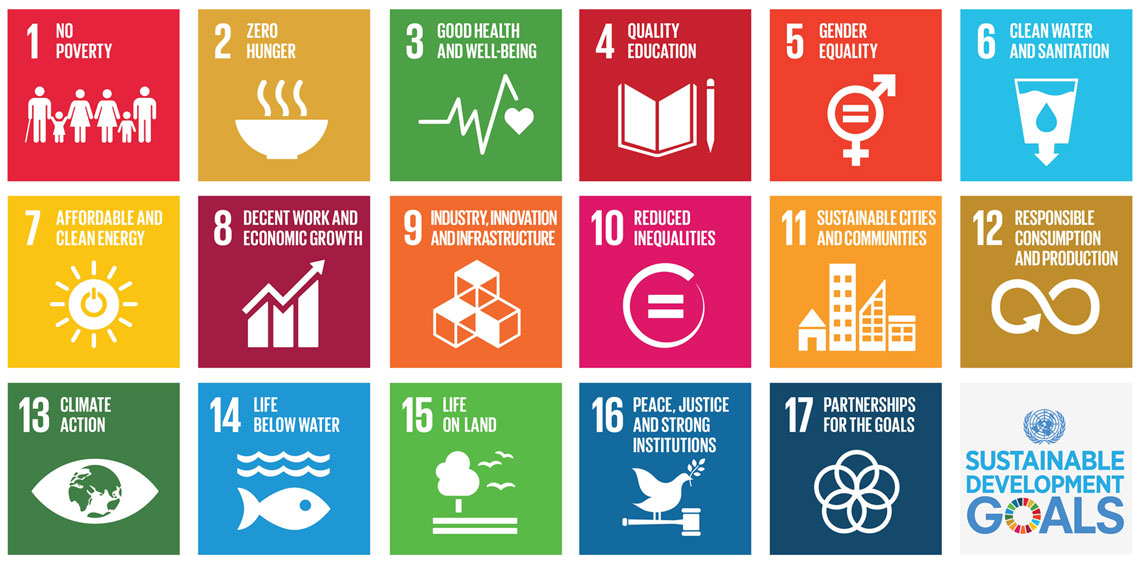
The compass is based on 20 years of strategic advisory to successful multi-stakeholder collaboration for transformation to sustainability, 15 years of scientific exploration into living systems and complexity theory and 12 years experiences in teaching collaboration and collective leadership skills to more than 2600 change agents globally

Transformation requires collaboration with multiple actors.

The world needs a new narrative about what it means to be human on this planet

The key to better co-creation is the attention to human competencies
For the first time in history, the world has formulated 17 Sustainable Development Goals (SDGs) that aim at a transformed world where nobody is left behind. This requires all actors and sectors of the global society to steward changes wherever they are. The Global Goals can only be realized with a strong commitment to global partnership and cooperation.

Multi-stakeholder collaboration is an emerging practice for overcoming sustainability challenges. Poverty, inequity, climate change, civil and cross-border war, food insecurity, inadequate health care, insufficient education, poor governance, loss of biodiversity, unsustainable resource management, and environmental degradation affect citizens, governments, civil society and businesses alike. These are examples of unsustainable human action that we can only change together.
Transformation requires collaboration with multiple actors. It calls for co-evolutionary stewarding change between actors from governments, civil society institutions and corporations. Change very often starts with small experiments, but can grow into to large-scale interactions between multiple agents.
20 years of strategic support to complex multi-stakeholder projects have shown that navigating collaboration becomes successful, if we pay attention to the six dimensions of the Collective Leadership Compass. They serve as guiding structure for high quality collaboration such as joint strategy development, process and relationship management, innovation and learning mechanisms, respect and dignity, dialogue and communication, and attention to the wider context. By using the compass for the strategic management of cross-sector collaboration the success factors get easily integrated.
Future thinkers such as system scientists, biologists, philosophers, environmentalist, sociologists to economists argue that the world needs a new narrative about what it means to be human on this planet. They call for humankind becoming a responsible actor in an interconnected self-regulating natural system that is our planet.
Living systems and complexity theory have investigated into how life emerges as interconnected patterns in continuous communication, from small to large entities and vice versa. As leaders and change agents we need to become partners of evolution. We need to co-create patterns that work for 100% of humanity and the planet as a whole.
Petra Kuenkel`s ground-braking publication on Co-creating a Sustainable, Socially Just Future for the Collective Leadership Movement.
A Conceptual Architecture for Transformative Designs ~ Dr. Petra Kuenkel Volume 7 of the Collective Leadership Studies argues that systems change is the intention of billions of activists, change agents, game-changers, and ordinary people.
for Systemic Change in Responsible Value Chains ~Dr. Petra Kuenkel, Elisabeth Kuehn Volume 6 of the Collective Leadership Studies aims at encouraging multi-level stakeholder collaboration for scaling the systemic change needed for the sustainability transformation in commodity sectors.
How the 17 SDGs Can Become a Starting Point for Systemic Change ~ Dr. Petra Kuenkel Volume 5 of the Collective
Shaping future collectively is empowering. Leadership is more than the skills of individuals to direct visionary change. It is the capacity of a collective to shape its common future for the benefit of all.
Collaborative co-creation of a sustainable future is not a simple task. At times, the solution to one problem causes the next problem. The attention to one part of the system causes havoc for another part. Change is urgent, yet the world is complex and above all – it is interdependent.
We need to develop our human capacity for outcome-oriented dialogue, effective collaboration, and future-oriented collective action across institutional or national boundaries. Isolated action needs to be replaced by collective leadership – a paradigm shift in how individuals find their leadership roles in the spirit of collaborative co-creation and contribution to the common good.
The Collective Leadership Compass functions as a roadmap to a new structure of attention – on the individual level, the level of a team and organization, or the larger collaboration system in multi-stakeholder change initiatives. It creates a conscious connection between leadership as an individual task and as a collective task – the conscious co-creation of new realities for a world that works for 100% of humanity and the planet as a whole.
The key to better co-creation is the attention to a pattern of human competencies.
Leading collectively becomes the natural way to bring forth a desirable future when we enhance our competence to make these six dimensions present – as individuals, as a team of leaders, and as a collective.
Establishing the Nebhana Water Forum in Tunisia ~ Elisabeth Kuehn Volume 4 of the Collective Leadership Studies focuses on the challenge of the Sustainable Development Goals (SDGs).
How we can tap into the potential of a passionate generation ~ Petra Kuenkel, Jade Buddenberg, Andrew Aitken, Helena Wagener Volume 3 of our
How We Can Master the Challenges of Stakeholder Collaboration ~ Petra Kuenkel Volume 2 of the Collective Leadership Studies explores the conceptual background and application of our core methodological approach, the Collective Leadership Compass, that empowers individuals and groups of leaders to navigate complex change in multi-stakeholder collaboration.
How We Can Turn the Challenges of Sustainability into Opportunities ~ Petra Kuenkel, Kristiane Schaefer To explore the patterns and factors which facilitate a collective way of leading for sustainability, CLI interviewed practitioners from the private sector, the public sector, and civil society.